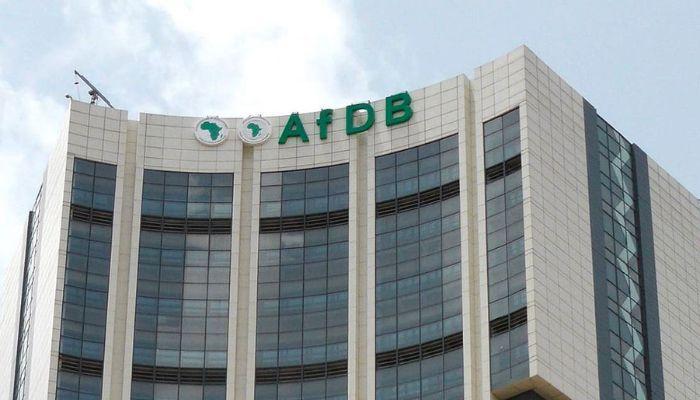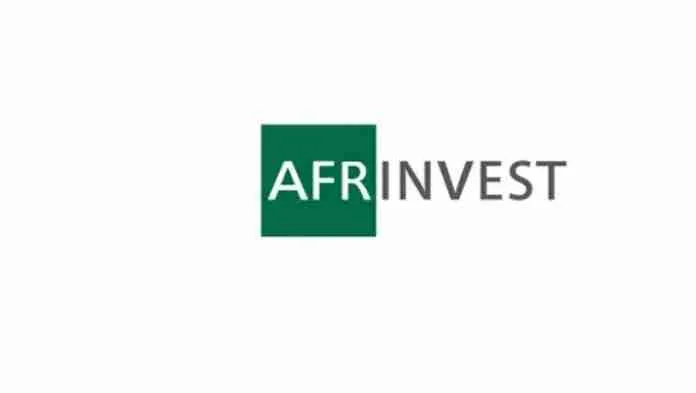The African Development Bank (AfDB), in partnership with the World Bank Group, pledged $40bn on Tuesday to achieve the “Mission 300” initiative.
The Mission 300 initiative, projected for 2030, is a collaborative effort between the AfDB and the World Bank to address the global energy accessibility gap, where nearly 600 million people lack electricity.
The World Bank emphasised that the mission’s success depends solely on private sector investment.
Speaking at the 2025 Africa Energy Summit in Dar es Salaam, Tanzania, AfDB President Akinwumi Adesina delivered opening remarks titled “From Ideas to Action to Accelerate Energy Access.”
He noted that 45.2 per cent of the financial commitment, totaling $18.2bn, represents the AfDB’s contribution to the cause. This will be supported by $22bn (55.8 per cent) in funding from the Washington-based World Bank.
“Together, let us decisively use Mission 300 to provide 300 million people in Africa with electricity by 2030,” Adesina said.
Adesina explained that the lack of electricity, which stunts Africa’s Gross Domestic Product by 2 per cent to 4 per cent, would be addressed through Mission 300.
He added that significant pledges from the Islamic Development Bank, Asian Infrastructure Investment Bank, and the OPEC Fund have already been recorded.
He also highlighted the AfDB’s Desert to Power initiative, which aims to deliver 10,000 megawatts of solar power to 11 countries, bringing electricity to an additional 250 million people.
These efforts are expected to transform the continent and ensure universal access to electricity in Africa.
Through the AfDB’s New Deal on Energy for Africa, the share of the African population with access to electricity has increased from 39 per cent in 2015 to 52 per cent in 2024, giving 25 million people access to power.
However, Adesina warned that significant challenges remain, with 571 million Africans, an 83 per cent of the global population without electricity and still living in the dark.
“Mission 300 has grown into a global movement. Together, we are creating a brighter future for millions of Africans. This coalition represents an unprecedented alliance of financial and technical resources,” Adesina said.
World Bank President Ajay Banga also linked the initiative’s success to private sector partnerships. He noted that $30bn to $40bn would be directed toward Mission 300 over the next six years.
“No one can do this alone. Governments cannot do it alone. Businesses cannot do it alone. Development banks cannot do it alone. But together, we can,” he said.
Banga further warned that, over the next decade, 360 million young people in Africa will enter the workforce, yet the current system will only create jobs for 150 million of them, leaving three out of every five young people unemployed.
“Forecasts are not destiny; together, we can change this reality,” Banga stated.












